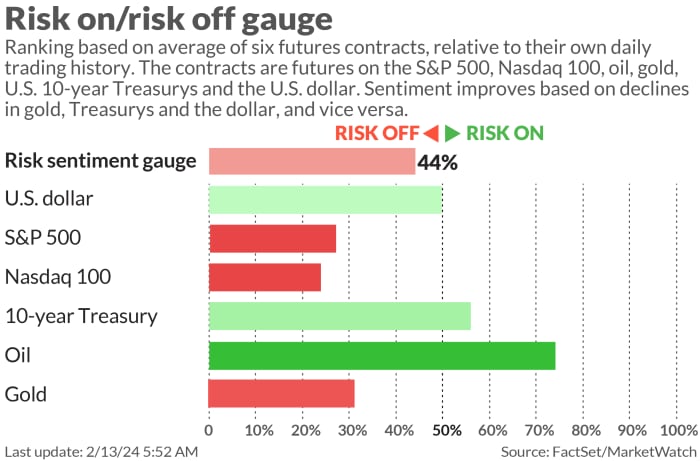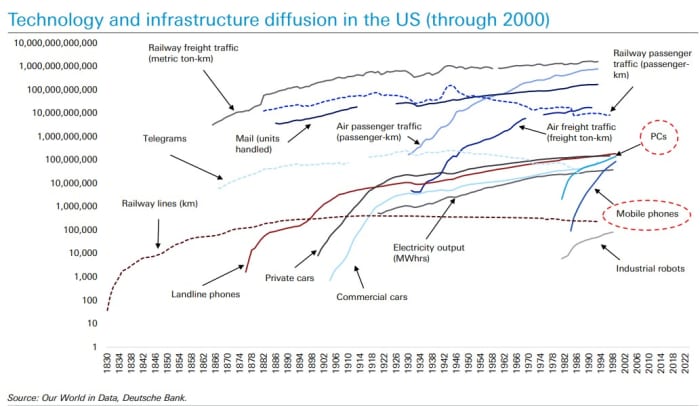With the European Parliament and U.S. elections looming, Europe is facing policy uncertainties on both sides of the Atlantic. Persistent geopolitical turmoil in Ukraine and the Middle East, and threats to democracy — coupled with concerns over slow economic recovery, demographic shifts, climate hazards and the rapid evolution of powerful AI — all add to the complex global political and economic landscape. Europe’s present and future demands leaders who are capable of effectively navigating multifaceted challenges.
At the European University Institute (EUI) in Florence, we are committed to developing a groundbreaking executive program that prepares professionals for multilevel policymaking of the 21st century. Our new EUI Global Executive Master (GEM) aims to transform policy professionals into agents of change and enhance their skills as effective managers and leaders who inspire and drive sustainable change.
Listening and responding to the needs of policy professionals is at the core of our new program.
New leaders wanted
Just as public policy has changed in the past 20 years, so has executive education for public policy professionals. Listening and responding to the needs of policy professionals is at the core of our new program. The new GEM takes our commitment to training professionals to respond to today’s cross-border issues to the next level; it stands out from other executive master programs through its dedication to providing a personalized career development journey.
Launching in September 2024, the GEM has a two-year, part-time format, with three week-long study periods in Florence, and two additional visits to global policy hubs. This format, combined with online modules, allows policy professionals to integrate full-time work commitments with professional growth and peer exchange, building their knowledge, skills, and networks in a structured way.
This allows policy professionals to integrate full-time work commitments with professional growth and peer exchange.
During the first year, EUI GEM participants take four core modules that will set the basis for a comprehensive understanding of the complex task of policymaking, and its interaction with government, the economy and global trends. In the second year, they have the possibility to select courses in one or more of four specializations: energy and climate; economy and finance; tech and governance; and geopolitics and security.
These core and elective courses are complemented by intensive professional development modules and workshops aimed at enhancing skills in the critical areas of change management, project management, strategic foresight, leadership, negotiations, policy communications, and media relations.
Through the final capstone project, EUI GEM participants will address real policy challenges faced by organizations, including their own, proposing solutions based on original research under the guidance of both the organizations concerned and EUI faculty.
In addition, the program includes thematic executive study visits for in-depth insights and first-hand practical experience.
In addition, the program includes thematic executive study visits for in-depth insights and first-hand practical experience. Participants attend the EUI State of the Union Conference in Florence, a flagship event that brings together global leaders to reflect on the most pressing issues of the European agenda. They explore the role of strategic foresight in EU institutions’ policy planning through an executive study visit to Brussels, complemented by dedicated training sessions and networking opportunities. A final Global Challenge study visit aims to encourage participants to engage with local policy stakeholders.
Bridging academia and practice
Since its inaugural executive training course in 2004, the EUI has successfully trained over 23,000 professionals of approximately 160 nationalities, in almost 600 courses. The EUI GEM leverages this expertise by merging the academic and practical policy expertise from our Florence School of Transnational Governance and the Robert Schuman Centre, as well as the academic excellence in the EUI departments.
The EUI GEM’s aspiration to bridge the gap between academia and practice is also reflected in the faculty line-up, featuring leading academics, private-sector experts, and policymakers who bring invaluable expertise into a peer-learning environment that fosters both learning and exchange with policy professionals.
Effective, agile and inclusive governance involves interaction and mutual learning between the public sector, the private sector and civil society actors, all acting as change agents. That is why our program is designed to bring innovative perspectives on public policy from all three: the public and the private sector, as well as civil society, and we welcome applications from all three sectors.
An inspiring environment
EUI GEM participants spend 25 days in residence at the magnificent Palazzo Buontalenti, headquarters of our Florence School of Transnational Governance. The former Medici palace harbors art-historical treasures in the heart of Florence. In September 2024, a dedicated executive education center will be inaugurated at Palazzo Buontalenti, coinciding with the arrival of the participants of the first GEM cohort.
The GEM is poised to redefine the standards for executive education and empower a new generation of policy practitioners. We are ambitious and bold, and trust that our first cohort will be, too. After all, they are the first to embark on this adventure of a new program. We can’t wait to welcome them here in Florence, where the journey to shape the future begins. Will you join us?
Learn more about the EUI Global Executive Master.
Source link
#Pioneering #policy #leadership #transformative #era













